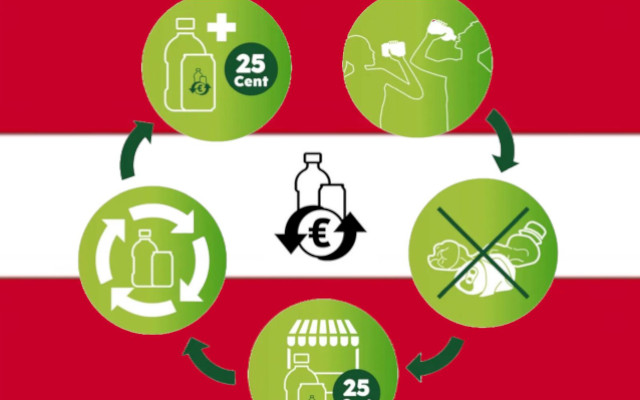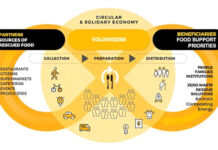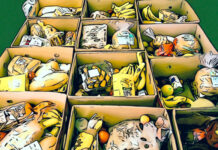Since January 2025, Austria has activated the DRS (Deposit Return Scheme), a deposit system, on plastic bottles and aluminum cans. (1) The initiative will improve the collection (and recycling) rate of these single-use packaging, often abandoned in the environment.
How the Deposit Return Scheme (DRS) works in Austria
On all plastic bottles and metal cans marked with the Austrian deposit system logo with a volume between 0,1 and 3 litres, consumers pay a deposit of 25 euro cents. This amount is refunded when the packaging is returned to dedicated automatic containers or beverage retailers.
The packing– bottle or can, with or without cap – must be delivered empty and not crushed, so that the bar code with the deposit symbol can be read both by the machines dedicated to returning empties and by the shopkeepers doing manual pickup.
Are excluded from the deposit system are milk containers and milk-based beverages, syrups and medicines.
Information and transition
The initiative, introduced by federal law in 2023, aims to increase the recycling rate – currently 70% for PET bottles and 80% for aluminum cans – to recycle approximately 2,2 billion bottles and cans per year. (2) In line with the objectives already achieved in other EU countries, as we have seen. (3)
It is supported by two facilitating tools
– an information campaign aimed at citizens, launched on 9 January 2025 by Recycling Pfand Austria, the body responsible for implementing the new deposit regulation (4)
– a transition period for companies, which will be able to produce drinks packaged in unlogoed packaging until 31 March 2025 and sell them until the end of the year, to exhaust stocks.
A quarter of a euro per refusal
Packaging not accepted in the Austrian deposit system – because it is part of old batches without a deposit logo, or purchased abroad-must be delivered to yellow bins (or bags), where separate collection of materials such as food film, tetra pack packaging continues etc.
Every bottle or can marked with the deposit logo is worth a quarter of a euro, if returned to the appropriate channels. A significant value, which will certainly help keep natural environments clean from these forms of pollution.
A win-win process
The positive consequences of the introduction of the deposit system are various:
– reduction of littering, that is, the dispersion of waste in the natural environment (beaches, woods, countryside, mountains), which in the case of plastic bottles is a contributory cause of now alarming microplastic pollution (5)
– the increase in separate waste collection of excellent quality bottles and cans to be sent for recycling for the production of new containers (a production process that is less energy-intensive than using virgin raw materials)
– achieving a return rate of 90% by 2027, two years ahead of EU targets.
Marta Strinati
Footnotes
(1) Ab Jänner 2025: New Pfandsystem in Österreich https://tinyurl.com/yw2erzep
(2) See Gesamte Rechtsvorschrift für Pfandverordnung für Einweggetränkeverpackungen, Fassung vom 9.01.20 https://tinyurl.com/4exysmad
(3) Marta Strinati. DRS, Deposit Return Scheme. Three textbook cases. GIFT (Great Italian Food Trade) 9.3.24
(4) Auf die Plätze, fertig, Pfand: Österreich startet Einweg-Pfandsystem. 30.12.24 https://tinyurl.com/mvax97cn
(5) Dario Dongo. Microplastics away in the wind, contaminated even the air. FT (Food Times). April 29, 2019
Professional journalist since January 1995, he has worked for newspapers (Il Messaggero, Paese Sera, La Stampa) and periodicals (NumeroUno, Il Salvagente). She is the author of journalistic surveys on food, she has published the book "Reading labels to know what we eat".








